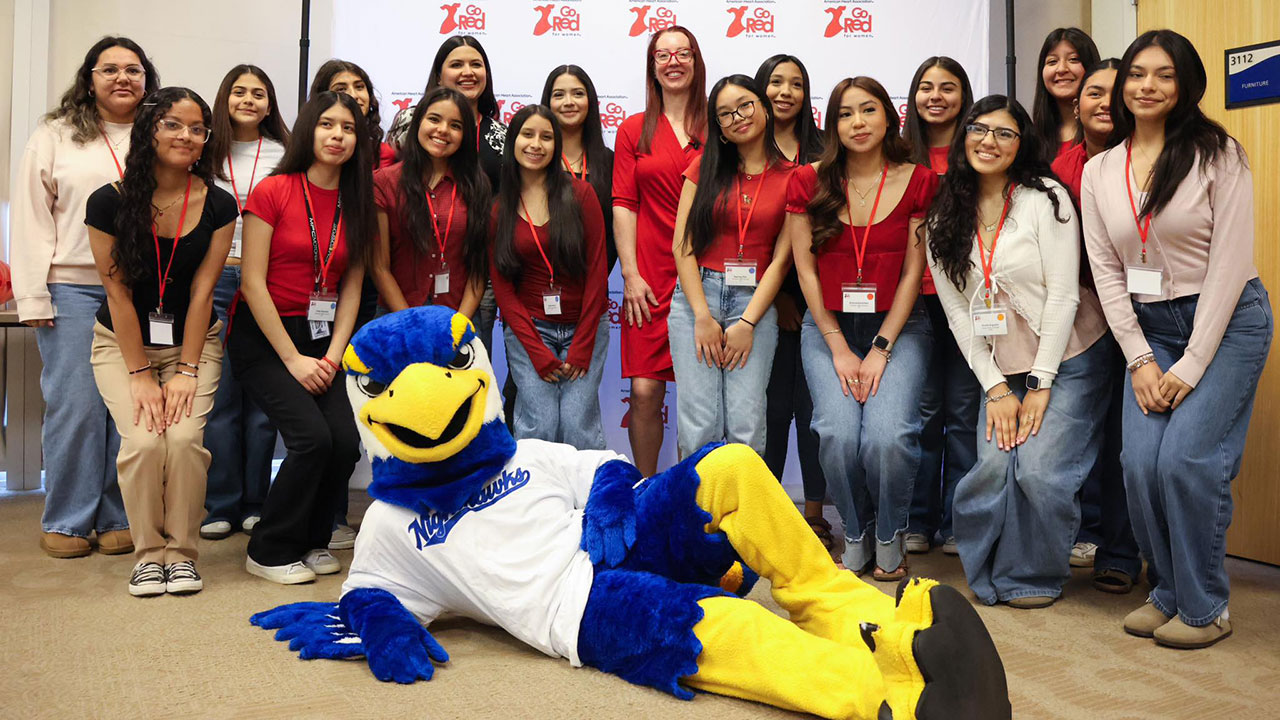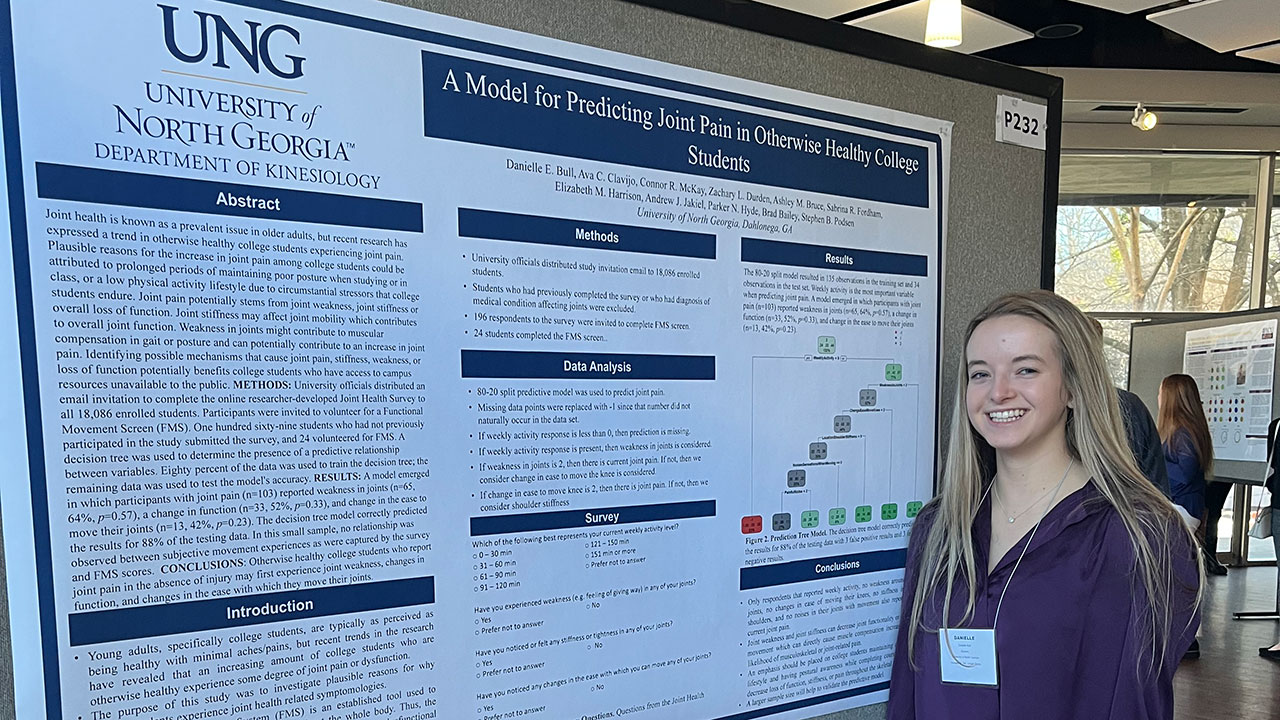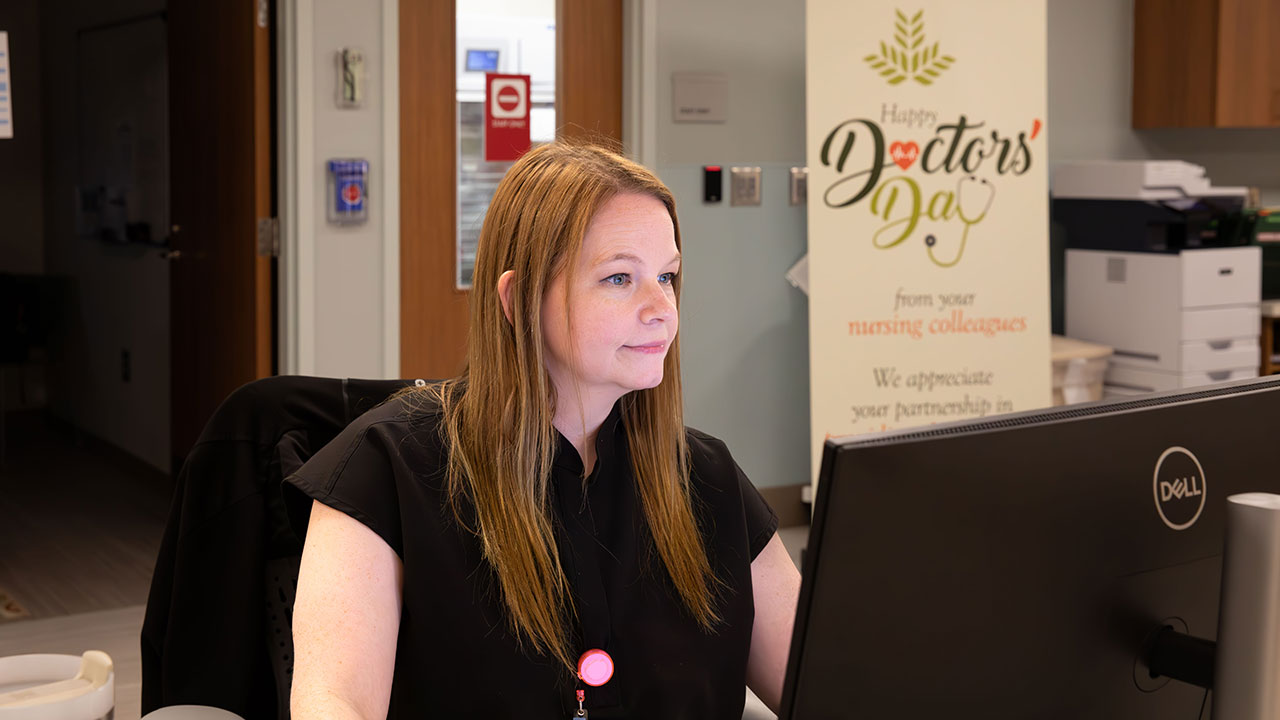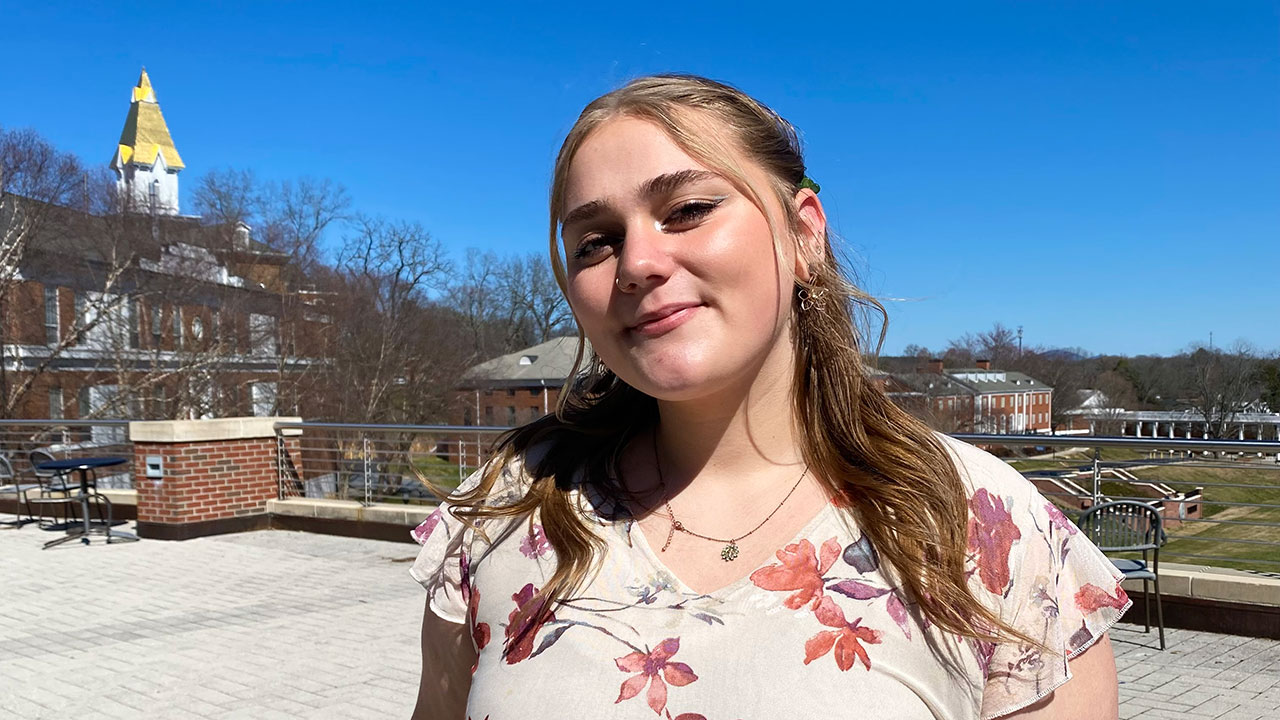City of Poverty helps hone health care students' skills in dealing with low-income families

Article By: Staff
The University of North Georgia (UNG) College of Health Sciences & Professions held a "City of Poverty" simulation March 9 in the Health & Natural Sciences Building on UNG’s Dahlonega Campus.
Students, faculty and staff in athletic training education, clinical counseling, nursing, and physical therapy were involved in the exercise. A total of 227 students participated in morning and afternoon simulation, where half were caregivers and half were family members.
The City of Poverty drill was designed for two purposes — to give health care students the opportunity to practice as part of an interprofessional team as they will in the real world and to understand the challenges people living in poverty face. The ultimate goal was for participants to come away with a higher degree of emotional intelligence and a more definitive understanding of their role and the roles of others.
Scenarios included families with newly unemployed members, some were recently deserted by the primary breadwinner, some were homeless; others were senior citizens on disability, retired and living on a fixed income, or grandparents raising grandchildren.
Dr. Carolynn DeSandre, assistant dean of UNG’s College of Health Sciences & Professionals and the event’s organizer, said the simulation allowed the various health care student professions to learn to work together and train in a low-stress environment.
"This gave students the chance to practice skills that they've learned in the classroom, skills that we expect them to put to use when they graduate," DeSandre said. "The drill gave the students a chance to earn clinical hours in a safe, somewhat realistic setting, to learn and practice real-world skills where they could make mistakes without repercussions in form of a grade."
Dakota Fidram, 26, of Cumming, Georgia, was cast as a 15-year-old high school student with asthma anda cognitive learning disability in a single-parent home. Fidram, studying for a master's in clinical mental health, said the experience was jarring.
"It gave me some perspective on how low-income families have to overcome a lack of resources and the barriers to good health care," Fidram said. "It really helped me gain empathy for those living in an improvised household."
Student caregivers screened each "family" for physical health issues as well as depression, substance abuse, anxiety, or suicidal tendencies. Family members were triaged among four health and wellness organizations, depending on need — a community health clinic, a high school clinic, a mental health facility, and a social services office.
"Each clinic had representation from each student group," DeSandre said. "There was a physical therapist, a family nurse practitioner, a mental health counselor, and an athletic trainer. It allows the students to learn each other's roles and builds teamwork."
Other faculty and staff observed to ensure everything went safely and smoothly. Students participated in a five-hour training session in the Hoag Auditorium to learn their roles and be briefed on what to expect.
Jasmine Williams 23, a second-year physical therapy student from Braselton, Georgia, was a caregiver. She said working in a group was a learning experience.
"It didn't go completely as I expected, but as the drill went on, we all worked better together as a team," Williams said. "Working within a team, I got the opportunity to see how my role differed from the nurse's responsibilities, the counselor's role, to see how we better served the patient."
After the exercise, faculty and staff shared their observations with students.
"Overall, I thought it went very well, the caregiver students worked well together as a team and the students who portrayed the family members gained an appreciation of what it's like to live on the poverty line," DeSandre said. "It was a unique learning experience for all involved, much different from the disaster drills."
This is the third year such a drill was conducted; in 2016 a mock shooter drill was held on the Dahlonega Campus and last year a natural disaster drill was held on the Gainesville Campus.



